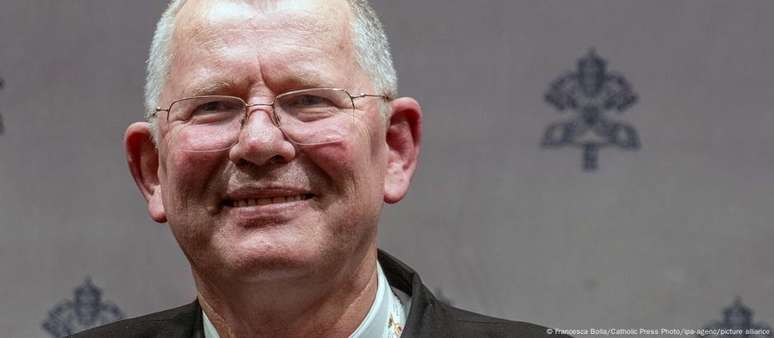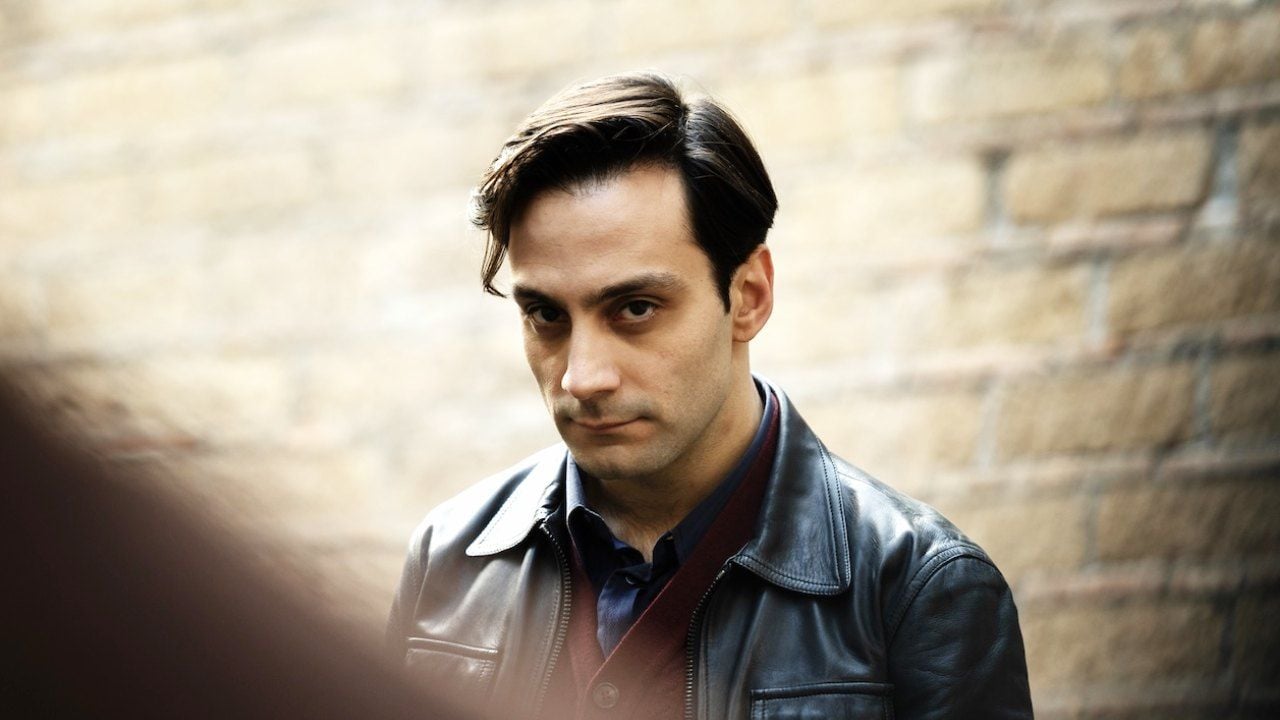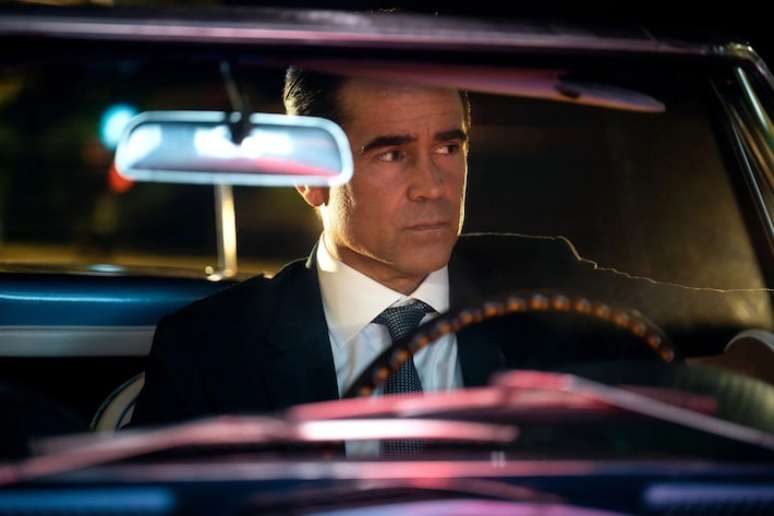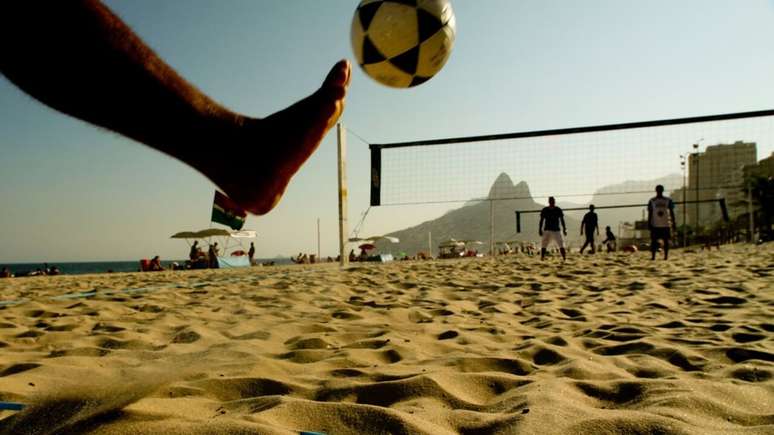Dom Jaime Spengler, who is less than 80 years old, will be able to participate in the conclaves to choose future popes. Francis continues his practice of valuing representatives from outside Europe The Archbishop of Porto Alegre, Dom Jaime Spengler, 64, is one of 21 Catholic clerics from around the world to be elevated to cardinal this Saturday (07/12) by Pope Francis. in Vatican City.
Dom Spengler, who is also president of the CNBB (National Conference of Brazilian Bishops) and Celam (Latin American and Caribbean Episcopal Council), is the only Brazilian and one of five Latin Americans on the list.
Because he is under 80, Dom Spengler will be able to participate in the conclaves, as the election for choosing the pope is called. He is the second archbishop of Porto Alegre to be elevated to cardinal, after Dom Alfredo Vicente Scherer, in 1969, by Paul VI.
The Vatican underlined that “in 2021, during the pandemic, Dom Jaime Spengler denounced the serious crisis resulting from the spread of the Brazilian variant of Covid-19, responsible for hundreds of thousands of deaths”.
And that “the Franciscan, 64 years old (…) has constant attention to ecology and the climate crisis in a land that, in 2024, experienced the largest natural catastrophe in the history of Rio Grande do Sul with floods of May”.
Option for the suburbs
The other new cardinals are the archbishops of Lima, Carlos Gustavo Castillo, of Santiago del Estero, Vicente Bokalic (primate of Argentina), of Guayaquil, Luis Gerardo Cabrera, and of Santiago de Chile, Fernando Natalio Chomali.
With this ordinary public consistory, the tenth since he was elected pope in 2013, Francis, who is almost 88 years old, continues to shape the College of Cardinals in his image: more than 78% of the 140 cardinal electors were chosen by him.
The choice of cardinals lies exclusively with the head of the Catholic Church. Francis has maintained the practice of opting for remote dioceses, which he calls “peripheries,” including places where Catholics are in the minority, thus breaking with the practice of privileging archbishops of large dioceses, such as Milan or Paris.
This new promotion follows the same line, with an important representation from Latin America and Asia, although less in the case of Africa.
The appointment of the cardinals raises interest among observers, who are looking for clues as to who will be the next leader of the Catholic Church, especially considering that Pope Francis has not ruled out resigning if his health were to deteriorate sharply.
Francis, who is an advocate of a decentralized, grassroots Church, seeks to promote clergy from developing countries to the institution’s highest echelons, and the new composition of the College of Cardinals could increase the likelihood that his successor will share this vision.
as (AFP, Lusa, Vatican News, KNA)
Source: Terra
Rose James is a Gossipify movie and series reviewer known for her in-depth analysis and unique perspective on the latest releases. With a background in film studies, she provides engaging and informative reviews, and keeps readers up to date with industry trends and emerging talents.







